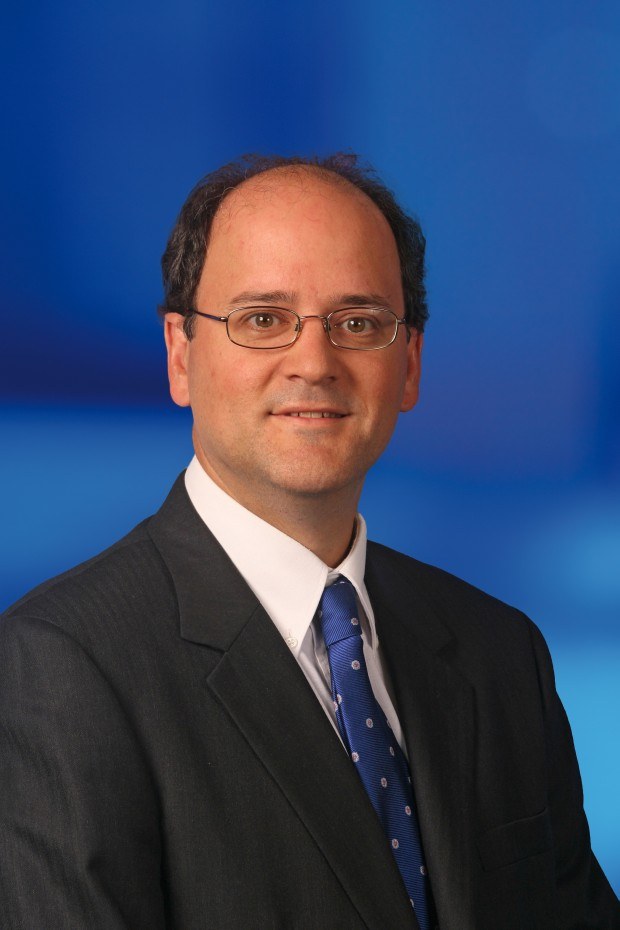Michael Kerner, who oversees property-casualty coverage at Zurich Insurance Group AG, said computer threats are escalating and may soon cause “dramatic” disruptions for businesses and individuals.
“We will see a relatively big impactful cyber event that will occur over the next couple of decades,” he said yesterday in an interview at Bloomberg’s headquarters in New York. “You’ll look back and say, ‘We should have seen this coming.'”
Switzerland’s biggest insurer provides coverage to protect against property damage and losses from business interruption. Demand has risen for policies that cover cyber threats, Kerner said. The contracts help pay for damage caused by a hack as well as fines and repair costs.
American International Group Inc. and Travelers Cos. have been targeting smaller companies for sales of cyber policies, which help with costs from data breaches, viruses and electronic fraud. Compensation for customers whose private information is exposed can also be covered.
It’s more difficult to design policies for the biggest attacks, which could shut down power systems or stop a city’s transportation network, Kerner said.
“That is a bit more challenging to get your head around, in terms of how exactly to underwrite that,” he said. “You just need to be prepared for those kinds of eventualities and get your defenses up.”
Banks Attacked
Attacks against U.S. banks have knocked their websites offline and prevented customer access. New York Department of Financial Services Superintendent Benjamin Lawsky has asked lenders and insurers to give him information on how they protect against computer attacks.
The Associated Press’s Twitter Inc. account was hacked earlier this year to falsely report an explosion near the White House, temporarily triggering a plunge in U.S. stocks. That attack was carried out by the Syrian Electronic Army, a group that supports the government of President Bashar al-Assad.
Kerner, 47, was named chief executive officer of Zurich’s general insurance business last year. He joined Zurich in 1992, and has held posts including global head of group reinsurance and chief underwriting officer for the general insurance unit.
Zurich has been seeking to provide more protection on U.S. commercial property as prices for the policies increase and some rivals retreat after superstorm Sandy, he said.
“You need to get the right price,” Kerner said. “We like to view ourselves as being risk aware, not risk averse.”
A lack of costly natural disasters this year and increased capital flowing into the reinsurance market have contributed to a decrease in reinsurance costs of more than 10 percent, he said. Pensions and hedge funds are buying securities with returns linked to the costs of catastrophes. The assets can provide extra returns, and investors can lose their capital if costly disasters occur.





















 New Texas Law Requires Insurers Provide Reason for Declining or Canceling Policies
New Texas Law Requires Insurers Provide Reason for Declining or Canceling Policies  AI Claim Assistant Now Taking Auto Damage Claims Calls at Travelers
AI Claim Assistant Now Taking Auto Damage Claims Calls at Travelers  AI Got Beat by Traditional Models in Forecasting NYC’s Blizzard
AI Got Beat by Traditional Models in Forecasting NYC’s Blizzard  Large Scale Cargo Ring Busted in LA, $5M Recovered
Large Scale Cargo Ring Busted in LA, $5M Recovered 

